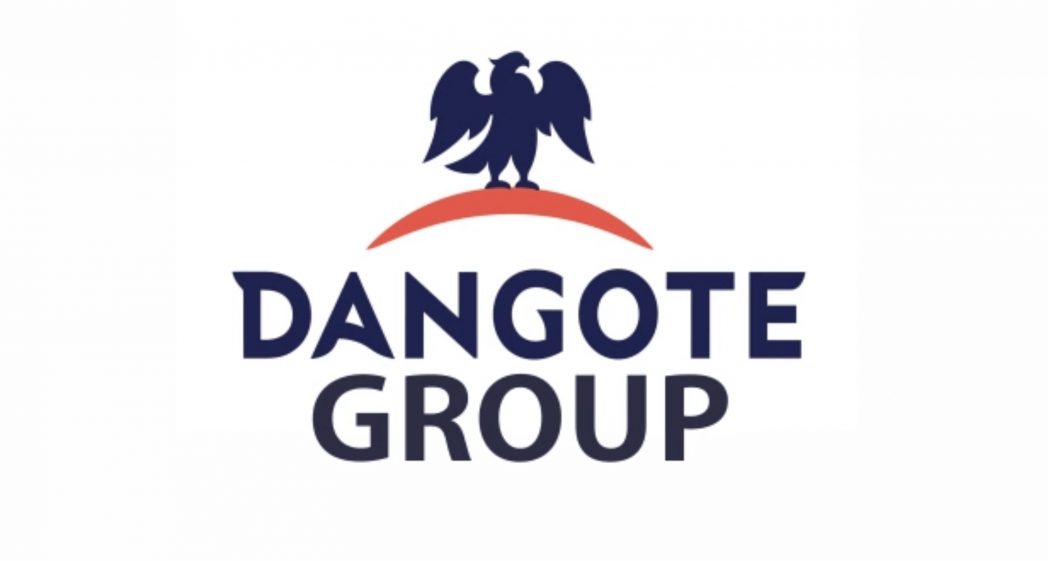Business
Dangote Bags CILT Champion Award

In recognition of his personal and company’s contributions to the Nigeria’s transport, logistics and supply chain management, President/CE, Dangote Industries Limited, Aliko Dangote, on Wednesday received the ‘Champion of CILT’ award.
The award was bestowed on Dangote by the National President of the Chartered Institute of Logistics and Transport (CLIT), Mrs. Mfon Ekong Usoro.
The award was handed during a visit by executive members of the Institute and its Women in Logistics and Transports (WILAT) branch to the Head Office of Dangote Group in Ikoyi, Lagos State.
While accepting the award, Dangote pledged to collaborate with the CILT in training and capacity building on transport, logistics and supply chain management issues.
The business mogul, who welcomed the CILT team, noted the need for adequate infrastructure, transport and logistics to boost the country’s economy.
He said the Group can work together with the Institute in transport and logistics, with training for the customers of the Group.
He received the CILT award in the company of the Group’s Executive Director, Special Duties and Group Chief Risk Officer, Dangote Industries Limited, Dr. Nike Fajemirokun; Group Managing Director, Dangote Cement Plc., Mr. Michel Puchercos, and other management team.
The members of the CILT delegation, led by Mrs. Usoro included the National President Emeritus, Ibrahim Jibril; International Vice President, Dr. Usman Gidado; Founder WiLAT, Aisha and other top officials of CILT.
Giving a vote of thanks the immediate past president of CILT, Jibril, commended Dangote for the good work being done by the Group in creating wealth not only in Nigeria but in Africa.
He also hailed the Group for building capacity in logistics, transport and supply chain management in Nigeria.
“I have been with CILT Council for over one and a half decades. Through this period, I have come to realise the great work the President of the Dangote Group is doing and his support development of capacity and skills acquisition in the logistics, transport and supply chain industry.
“This has gone a long way in professionalising the industry, creating wealth, and generating employment, not only in Nigeria but the African region”, he said.
Business
Nigeria’s ETF correction deepens as STANBICETF30, VETGRIF30 see 50% decline in a week

Business
BOI Introduces Business Clinic

Business
Dangote signs $400 mln equipment deal with China’s XCMG to speed up refinery expansion

-
Maritime3 days ago
Nigeria To Pilot Regional Fishing Vessels Register In Gulf Of Guinea —Oyetola
-

 Sports3 days ago
Sports3 days agoGombe-Gara Rejects Chelle $130,000 monthly salary
-
Maritime3 days ago
Customs Declares War Against Narcotics Baron At Idiroko Border
-
Maritime3 days ago
NIMASA,NAF Boost Unmanned Aerial Surveillance For Maritime Security
-

 Sports3 days ago
Sports3 days agoTEAM RIVERS SET TO WIN 4×400 ” MORROW” …Wins Triple jump Silver
-

 Sports3 days ago
Sports3 days agoNPFL Drops To 91st In Global League Rankings
-

 Sports3 days ago
Sports3 days agoNPFL Impose Fines On Kwara United Over Fans Misconduct
-
Maritime3 days ago
NIWA Collaborates ICPC TO Strengthen Integrity, Revenue

